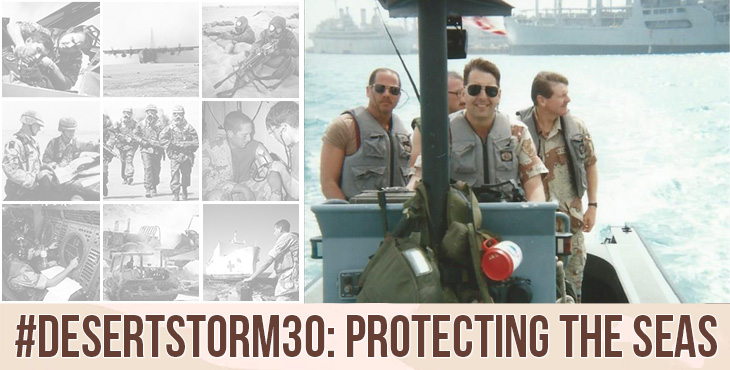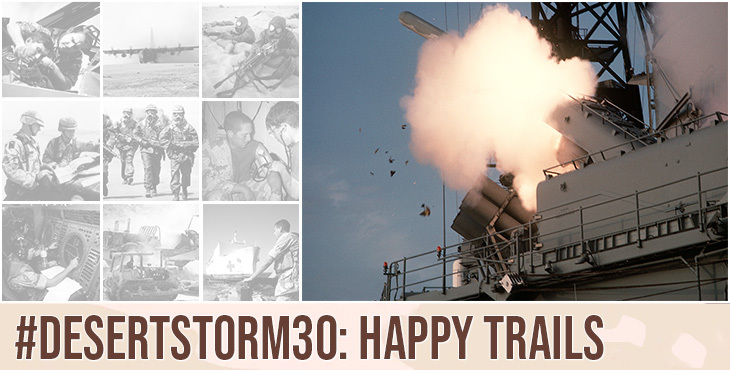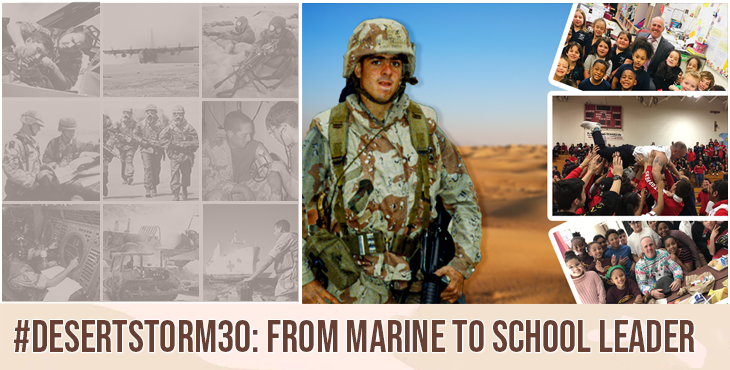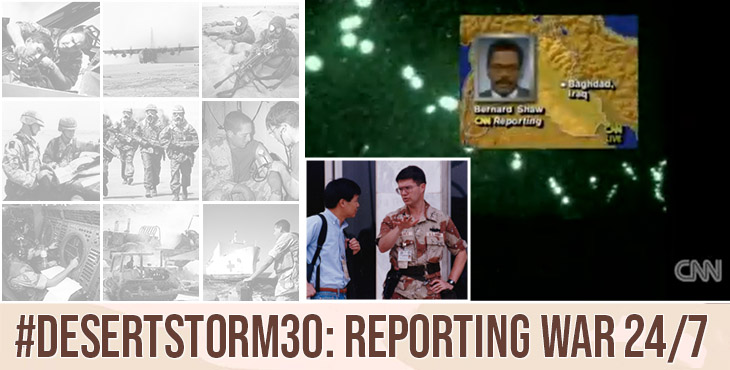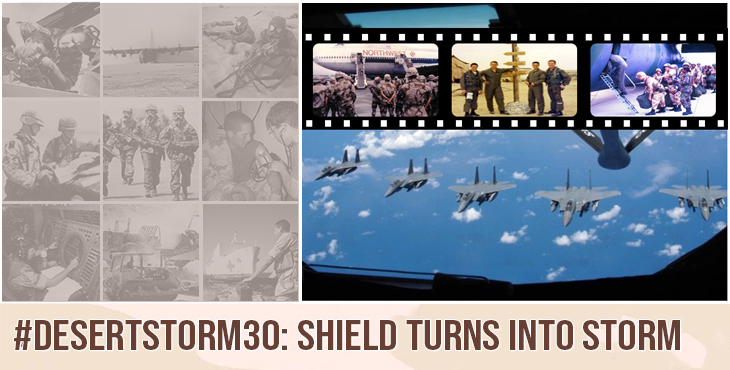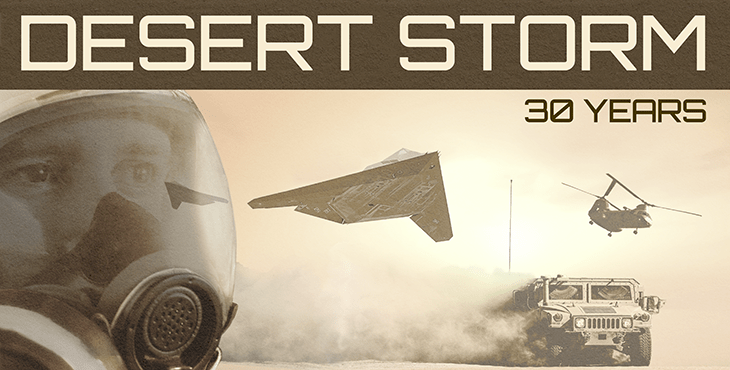Dan Zedan chokes up as he remembers saying goodbye to […]
On the evening of Jan. 16, 1991, Jacky Frawner was in a weight room when he heard his skipper come across the shipboard public address circuits, also known as the 1MC. The alert let the sailors aboard USS Paul F. Foster they were about to transition from Operation Desert Shield to Operation Desert Storm. USS Wisconsin was supposed to fire the first Tomahawk missile. However, the mission shifted to the USS Paul F. Foster. Within hours, Frawner and his shipmates would be part of the opening shots of Desert Storm.
Marine Veteran and Desert Storm Veteran Matt Malone went from self-described troubled youth to superintendent of Fall River Public Schools in Massachusetts.
In U.S. wars prior to Desert Storm, military spokespeople would answer questions, then wait for the next day’s newspaper clippings or the nightly news to see developments. Desert Storm changed that, when reporters broadcast the war as it happened.
The U.S did not take long to respond to Iraqi President Saddam Hussein occupying neighboring Kuwait Aug. 2, 1990. Five days later, President George H.W. Bush ordered Americans to the region to start Operation Desert Shield. Air Force Veteran Howard “Pip” Pope, commander for the 71st Tactical Fighter Squadron, was among the first American forces to arrive. Leading a squadron known as the “Ironmen” flying F-15s, they deployed with little notice in a matter of days. After a 14-hour flight from Langley Air Force Base in Virginia, they arrived at Dhahran Air Base in Saudi Arabia. Pope kept a diary of the events, excerpts of which follow.
In January 1991, members from all five military branches joined a coalition to push back Saddam Hussein’s force out of Kuwait for Operation Desert Storm. During January 2021, VA will profile Veterans through stories for Desert Storm’s 30th anniversary.

